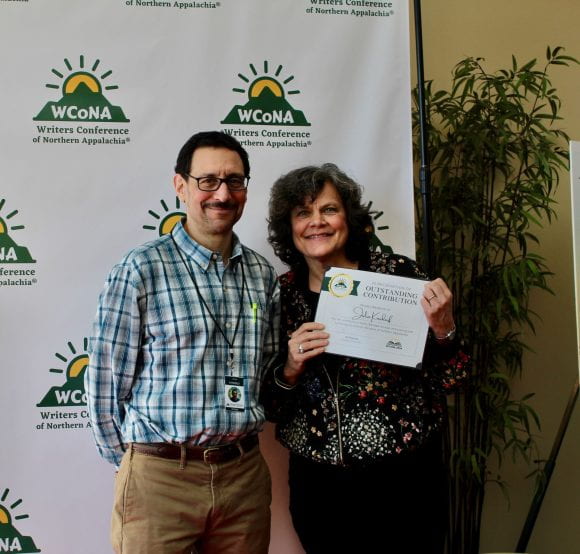
At its 2024 conference, held March 15-16 at St. Francis University in Loretto, PA, the Writers Conference of Northern Appalachia (WCoNA) honored professor and poet Julia Spicher Kasdorf with its annual Outstanding Contribution Award.
The purpose of the award is “to recognize an individual, ensemble, team or organization whose contributions or body of literary work have furthered the WCoNA mission to honor the region’s distinct literature, or, by extension, its people, and/or whose contributions enhance or have enhanced the craft of our authors, inspiring new work that represents northern Appalachia, the region of the Appalachia counties of Ohio, Pennsylvania, Maryland, New York, and the northern portion of West Virginia.”
At the conference’s closing ceremony, WCoNA Founder and President PJ Piccirillo read the following tribute to Kasdorf, written by WCoNA Board of Directors member Kimberly McElhatten, who nominated her for the award.

Julia Spicher Kasdorf‘s body of work and literary citizenship go beyond honoring the northern Appalachia canon. They advocate for it–its land, its animals, its plants, its people, its cultures, its diversity, and its stories to be heard.
In her early career, she focused on preserving and elevating Amish and Mennonite voices in the northern Appalachian canon. Kasdorf wrote the biography Fixing Tradition: Joseph W. Yoder, Amish American (Cascadia, 2002). Yoder was the first to transcribe Amish hymns, which had only been preserved orally until then. He additionally wrote Rosanna of the Amish, claimed to be a true story of his mother’s life, in an effort to counter the false and negative literary representations of Amish culture depicted in Amish romances from the early 1900s until the 1930s—a work that has remained in print since 1940 and has sold over 500,000 copies.
At Messiah College, Kasdorf started the campus’ first literary series open to the public and doubled its budget. She also served as the faculty advisor for the campus literary magazine. At Penn State, she introduced the “The Writer in the Community” course and trained MFA students to teach in non-academic settings, such as long-term care facilities, community youth centers, jails, teen shelters, and beyond. This program continues as the non-profit Ridgelines Language Arts, founded and co-directed by one of her former MFA advisees, Abby Minor.
In her 24 years as a professor at Penn State, Kasdorf has directed the English Department’s MFA program and now the Creative Writing Program and has contributed to numerous community-facing literary projects, including the Public Poetry Project (formerly sponsored by the Pennsylvania Center for the Book), Centre County Reads, and the Favorite Poem Project of State College. She’s served on the editorial review team at Penn State Press. She is currently the faculty advisor of the Creative Writing Club at PSU.
In collaboration with graduate student Josh Brown, she published a new edition of Fred Lewis Pattee’s novel, The House of the Black Ring: A Romance of the Seven Mountains, set in late 19th century northern Appalachia, an effort that helps preserve Pattee’s legacy as the founder of American literary study, but also the post-Civil War cultural, social, and emotional landscape unique to northern Appalachia.
Additionally, Kasdorf contributes to communities and organizations beyond State College and PSU, including the popular reading series “Out Loud in Bellefonte.” She’s also served as a Public Humanities Council Commonwealth Speaker. In collaboration with community and university artists, she conceived and wrote lyrics for the musical performance and filmed oral histories about the invention of the folding and portable Ferris wheel in Centre Hall, PA, first performed as “aMUSEment: Play in the Workshop” and later as “Bright Toys of Summer: Garbrick Amusements from the Workshop to the Fair.”
Most recently, she helped coordinate a local history project to research and make visible the significant 19th and 20th-century Black history in Centre County. On this project, she mentored the writing of and produced a staged reading and musical performance of a play based on that research, “Finding Home: Adeline Lawson Graham, Colored Citizen of Bellefonte, Pennsylvania.”
She’s a regular instructor at Chatham University’s Summer Community of Writers and regularly teaches at the Chautauqua Writers’ Center.
Most importantly, her mentorship extends beyond the classroom and public eye, offering emerging writers valuable mentorship, guidance, and support on their journey to successful publishing and academic careers, many of whom are also doing good, important work across northern Appalachia at our universities and colleges, elevating and diversifying our literary representation. Through these efforts, Julia Spicher Kasdorf has become an integral part of our region’s literary community and canon.
In addition to her legacy as an influential literary citizen of northern Appalachia, Kasdorf is a documentary poet who records and preserves our diverse stories with a keen eye on the impact of industry, war, and politics on our people.
Most notably, her book Shale Play: Poems and Photographs from the Fracking Fields, along with her work in progress that will document agricultural resilience within thirty miles of her home in Bellefonte, Pennsylvania, captures her commitment to our narratives. Her meticulous documentation does more than tell our stories; it enhances the craft of authors across northern Appalachia, influencing and inspiring the future of our literary canon.
Julia Spicher Kasdorf has emerged as a distinguished voice in American poetry, especially renowned for her vivid portrayal of the Ridge and Valley region of northern Appalachia. Kasdorf’s influence extends beyond her poetry; she is a pillar in the educational and artistic communities of northern Appalachia.
Her work and influence reach into our universities, communities, and beyond with twenty-one features on NPR’s The Writer’s Almanac and publications in esteemed magazines like Prairie Schooner, the Gettysburg Review, The New Yorker, and The Paris Review. This broad recognition is a testament to her skill in capturing the essence of our region in her poetry.
–WCoNA Board of Directors member Kimberly McElhatten
WCoNA’s Outstanding Contribution Award comes with a donation of $300 in the name of the award winner, given to an organization or institution serving to broaden literacy within some part of northern Appalachia. Julia has selected Ridgelines Language Arts as the recipient of this year’s award funds. Ridgelines is a Bellefonte-based organization founded and co-directed by Abby Minor, a former student of Julia’s in Penn State’s MFA program in creative writing.
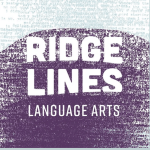
Ridgelines “provides expert language arts instruction to those who are underserved in the rural ridges and valleys of central Pennsylvania. We teach language arts—from poetry and storytelling to songwriting and journaling—in settings outside of academic institutions, including our area’s domestic violence shelter, low-income nursing home, youth detention center, state women’s prison, queer & trans youth groups, & more.”



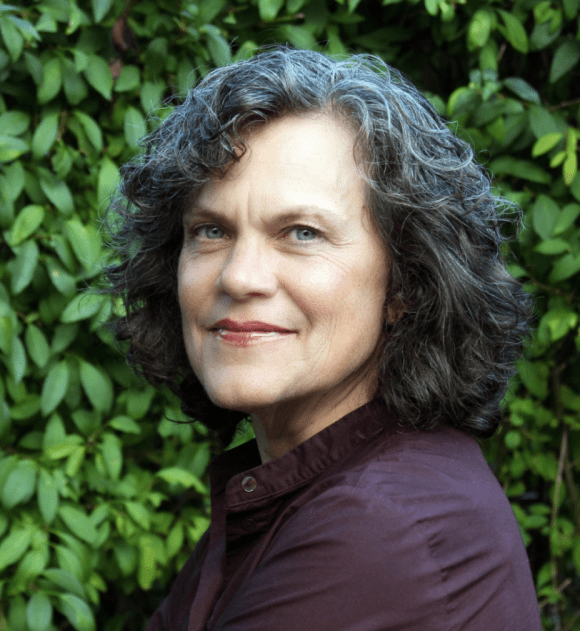
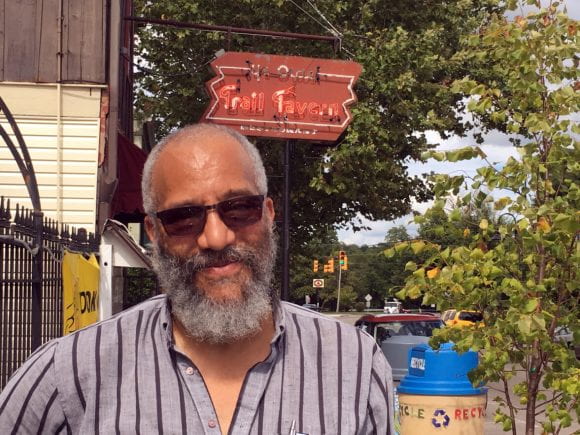
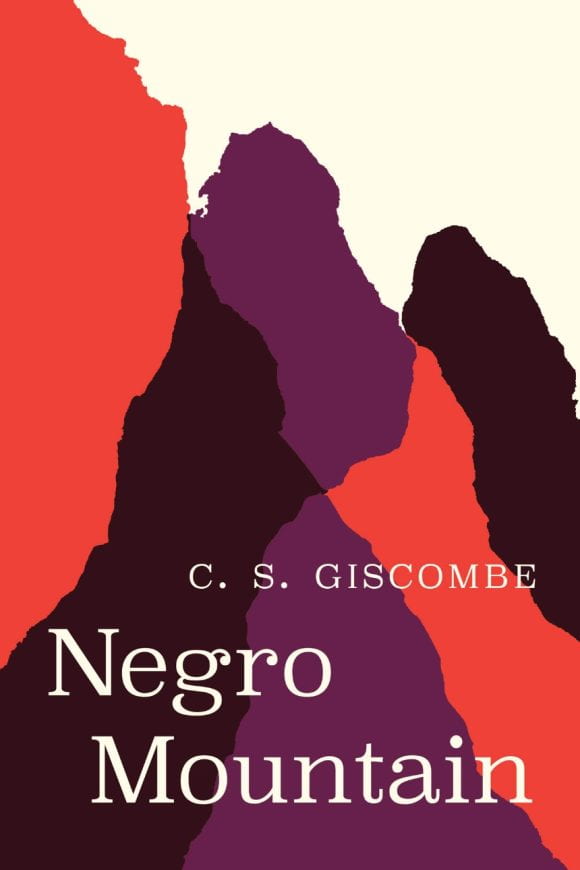
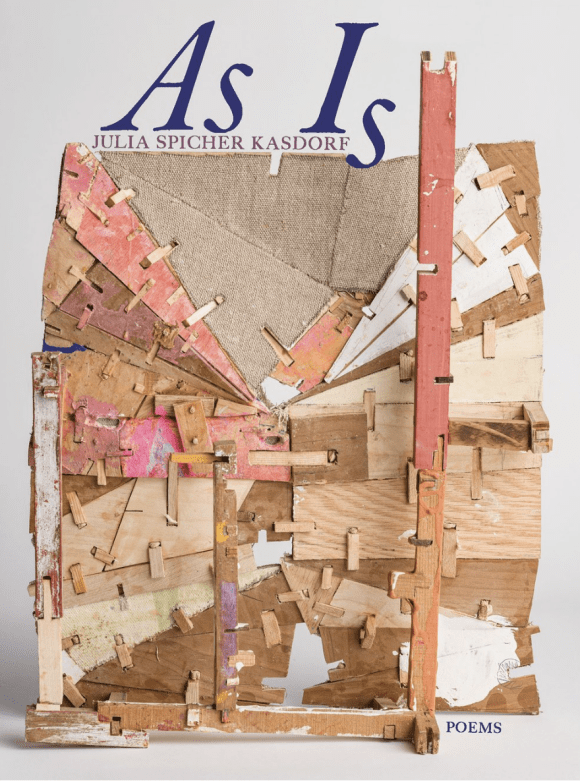

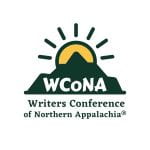 The Writers Conference of Northern Appalachia (WCoNA) is coming to Saint Francis University in Loretto, PA, Friday, March 15, through Saturday, March 16. The program features 25 workshops and presentations on topics including poetry, voice, developing a sense of place, screenwriting, marketing your book, publishing, Appalachian heritage and history, character development, and memoir.
The Writers Conference of Northern Appalachia (WCoNA) is coming to Saint Francis University in Loretto, PA, Friday, March 15, through Saturday, March 16. The program features 25 workshops and presentations on topics including poetry, voice, developing a sense of place, screenwriting, marketing your book, publishing, Appalachian heritage and history, character development, and memoir.



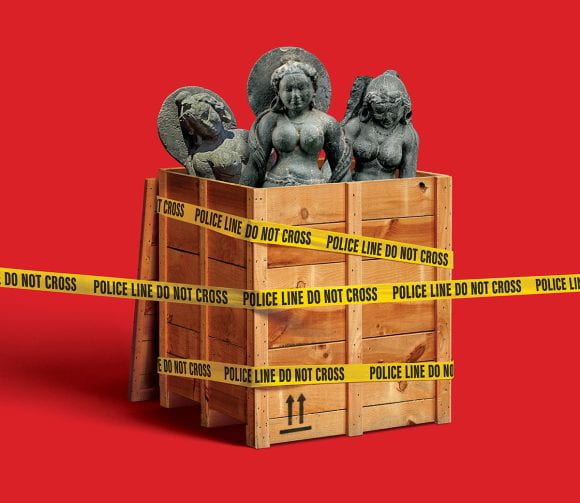

 Creative writing professor Toby Thompson‘s essay “Honkytonk Hawkin'” was published recently by the
Creative writing professor Toby Thompson‘s essay “Honkytonk Hawkin'” was published recently by the 
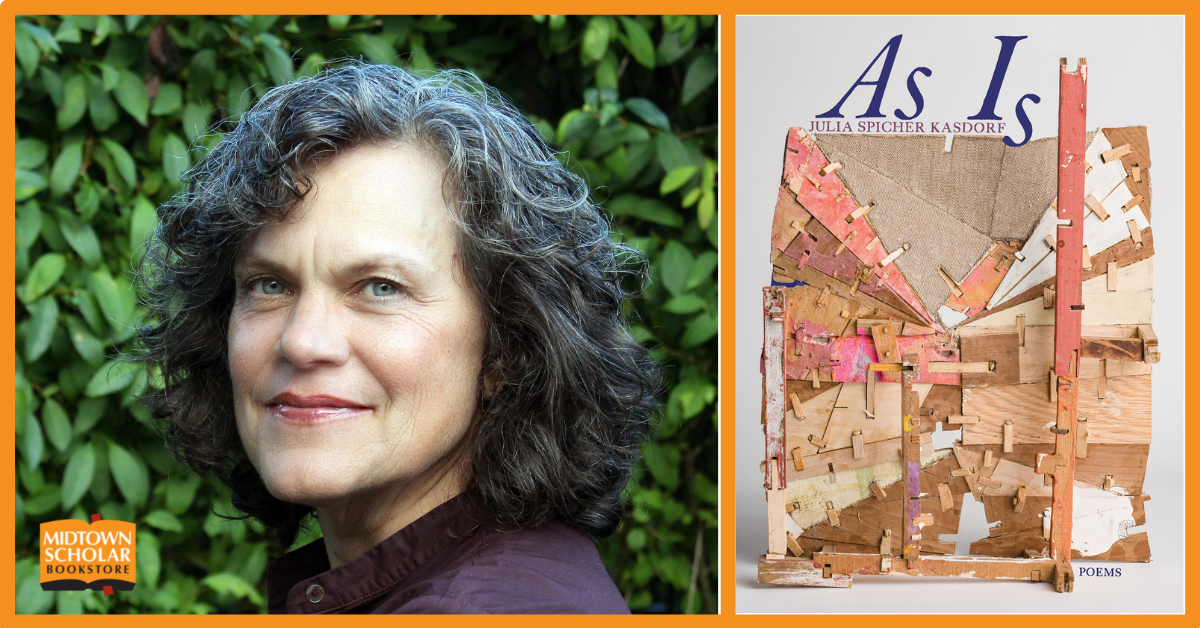

 UNIVERSITY PARK, Pa. —Fiction writer and Penn State assistant professor Samuel Kọ́láwọlé will offer a reading as part of this year’s Mary E. Rolling Reading Series. The reading, which is free and open to the public, will take place at 6:00 p.m. on Thursday, January 26, in Paterno Library’s Foster Auditorium on the University Park campus.
UNIVERSITY PARK, Pa. —Fiction writer and Penn State assistant professor Samuel Kọ́láwọlé will offer a reading as part of this year’s Mary E. Rolling Reading Series. The reading, which is free and open to the public, will take place at 6:00 p.m. on Thursday, January 26, in Paterno Library’s Foster Auditorium on the University Park campus.
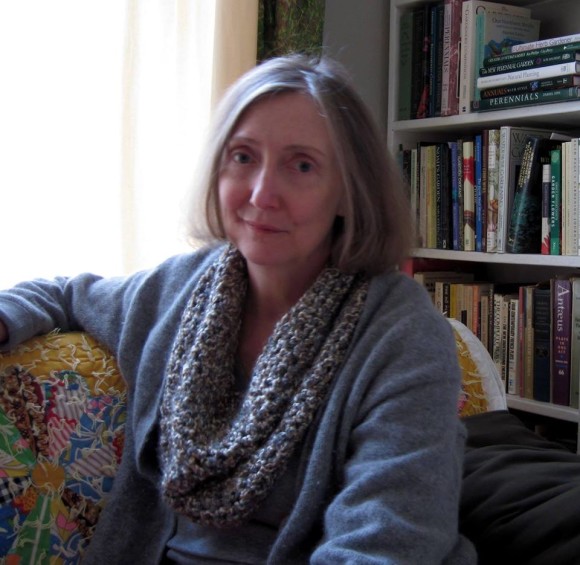
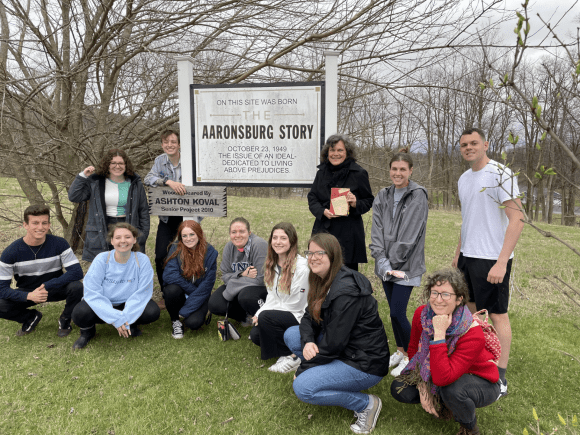
You must be logged in to post a comment.